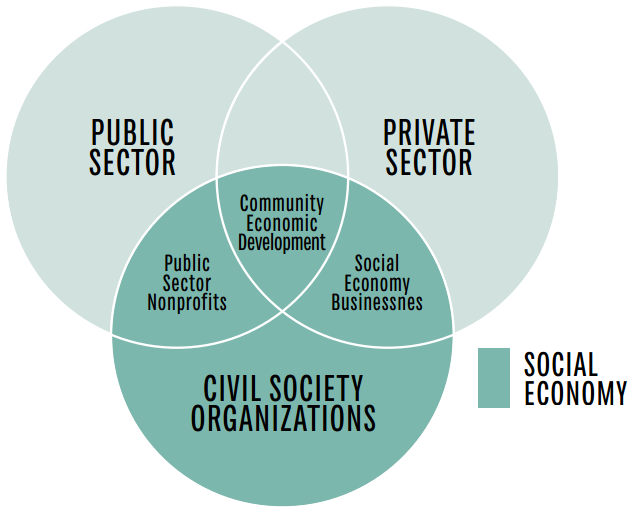
CIVIL SOCIETY : NEW FRONT OF WAR
CIVIL SOCIETY : NEW FRONT OF WAR
CIVIL SOCIETY : NEW FRONT OF WAR
CIVIL SOCIETY : NEW FRONT OF WAR
According to the World Bank: “Civil society refers to a wide array of organizations: community groups, non-governmental organizations [NGOs], labour unions, indigenous groups, charitable organizations, faith-based organizations, professional associations, and foundations.”
civil society - sometimes called the “third sector” (after government and commerce) - has the power to influence the actions of elected policy-makers and businesses.
World Economic Forum, wrote in the preface to a 2013 report, The Future Role of Civil Society: “NGOs, labour leaders, faith-based organizations, religious leaders and other civil society representatives play a critical and diverse set of roles in societal development. In the last two decades these roles have shifted as the external environment for civil society has changed actions of elected policy-makers and businesses.
Examples of well-known civil society organizations include Amnesty International, the International Trade Union Confederation, the World Wide Fund for Nature (WWF), and Greenpeace .
The Foreign Contribution (regulation)Act(FCRA),and the Prevention of money laundering act(PMLA),used in conjunction with a range of other measures are developed to browbeat and shepherd civil society in a majoritarian nationalist direction.
The Constitution and law sought to protect minority communities and mandated equal rights and protection from the state to persons of all faiths and identities. According to that idea of India, these rights were deemed essential for the consolidation of the Indian state where citizens needed to feel a sense of belonging. Even though civil society organizations have contributed to the constitutional frame, they undoubtedly need to be regulated for defending those values.
FCRA amendment of 2020 Thereafter, the FCRA amendment in 2020 was another blow to the NGO sector. This occurred at the very moment when segments of civil society had worked tirelessly for COVID relief. The amendments were hurriedly passed without much parliamentary deliberation. After the 2020 amendment, NGOs could spend less on administrative costs.
Finally, all NGOs were required to operate their foreign accounts through the State Bank of India’s branch located at Parliament Street in New Delhi. This would enable the state to track foreign funding Even Indian NGOs that worked exclusively with domestic funds were not spared.
Oxfam was generating widely publicised reports regarding the plight of migrant labourers and conditions of the poor during the pandemic.These reports had received worldwide attention. The group was also working to protect workers’ rights. the Prevention of Money Laundering Act (PMLA) has been re imagined as a tool against civil society leaders and politicians. This is a penal law that can lead to imprisonment. Typically, the Enforcement Directorate (ED) of the Department of Revenue has wide ranging powers to search and arrest citizens under the PMLA. The ED was used to attack NGOs such as Amnesty International and the Centre for Equity Studies that have worked incessantly for minority rights.
